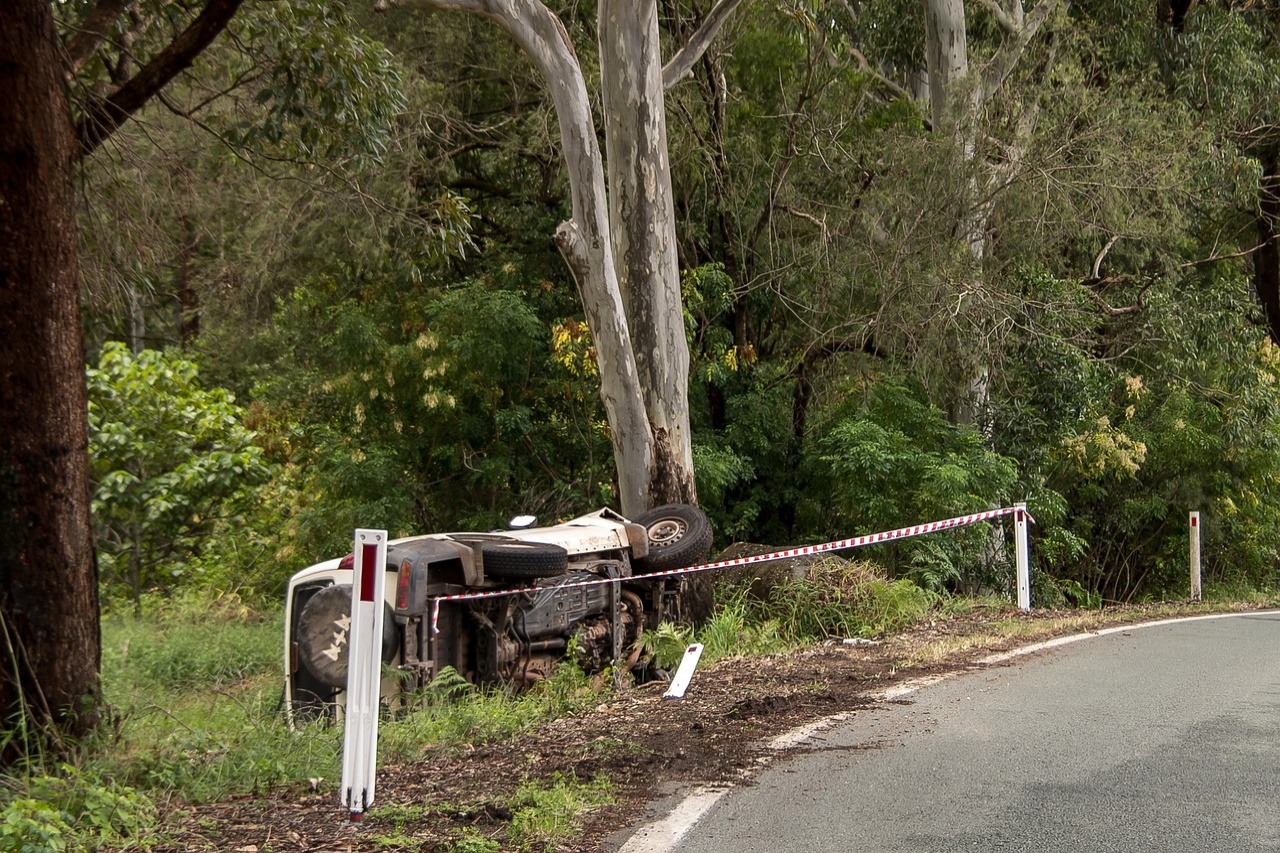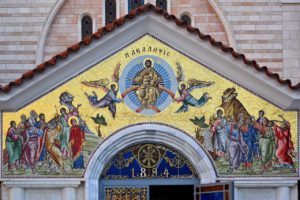Deuteronomy 30: 10-14; Psalm 69 (RM) or 25 (RCL); Colossians 1: 15-20 (RM) or 1-14 (RCL); Luke 10: 25-37.
Even when you’ve been gifted with a lifespan covering quite a few decades, sometimes it’s funny the things you remember vividly.
In 1966 my uncle took my mother and me, plus two aunts, to see George Bernard Shaw’s play “The Apple Cart” at the original Court House Theatre in Niagara-on-the-Lake, Ontario. The star players were Zoe Caldwell and Paxton Whitehead (…yeah, funny what you remember.)
We were driving home after dark on a fairly deserted two-lane road that wound alongside the Niagara River. Suddenly ahead, we saw several cars pulled over at odd angles and flashing lights. There had been an accident of some sort. My uncle wondered if we should stop to offer help.
But my mother protested, “You don’t know if it might be a set-up. They might rob us. You hear about that happening.”
We swerved to avoid the vehicles and drove on.
So I’m sitting there, with all the wisdom of my fourteen years, thoroughly puzzled. Weren’t we supposed to stop and help somebody who might be injured by the roadside? Didn’t we hear that in church? I kept quiet and just sat there pondering the incident, muddled in cognitive dissonance.
And that of course brings us to the story of the Good Samaritan.
Jesus tells the story to illustrate a point, or more accurately, to provoke a change of identity in the lawyer who sought to provoke him. The change was not about the victim, or the three different passers-by, but rather in the questioner himself. His challenge (one can almost hear him sneering) to Jesus was thwarted. The virtuous and generous neighbour in this story was an enemy of his people. The honoured dignitaries failed to act according to higher religious (and human) values. The lawyer’s conventional society was turned topsy-turvy, and out of that emerged a startling image of the abundant and merciful God.
A number of New Testament interpreters have laid emphasis on the idea that the priest and the Levite set a higher priority on maintaining their cultic purity in view of their religious duties, and for this reason they would not come near the injured and bleeding victim. However, if they, like this man, were going down from Jerusalem to Jericho, they were travelling away from the Temple, not toward it. Their callousness toward the victim cannot be washed away so easily. Another factor that’s not often brought to the fore is that the Samaritan was clearly a man of means. He was mounted on an animal, not journeying on foot. He had supplies of wine and oil with him, and he carried enough cash money to pay the innkeeper on the spot. Clearly the Samaritan himself did not fear being assaulted and robbed along that road.
Did the Samaritan stop to wonder whether robbers were lurking in ambush as he struggled to bandage the victim and hoist him onto his donkey?
We really do have an uncomfortable balance to make here – to be compassionate and merciful toward the victim on one side, and perspicacious in assessing the likelihood of a dangerous threat on the other. Perhaps a bit like being as clever as serpents and innocent as doves.
I’m writing not far from Buffalo, New York, a city whose slogan is “City of Good Neighbors.” It hurts now to remember that, in the wake of the mass murder at the Tops Friendly Market on the city’s East Side. And yet, neighbours and fellow citizens gathered immediately to be present to the families and the survivors, to organize food trucks and transportation for local residents to other supermarkets, and to open serious and difficult dialogues on the persistence of racism and how to build a future where all persons can live in safety and with respect for their dignity. It can be done. It must be done, not only on a local but on a global scale. Here’s the call, and the challenge, Jesus set before us.
© Susan K. Roll
Susan Roll retired from the Faculty of Theology at Saint Paul University, Ottawa, in 2018, where she served as Director of the Sophia Research Centre. Her research and publications are centred in the fields of liturgy, sacraments, and feminist theology. She holds a Ph.D. from the Catholic University of Leuven (Louvain), Belgium, and has been involved with international academic societies in liturgy and theology, as well as university chaplaincy, Indigenous ministry and church reform projects.





“Perspicacious”: having a ready insight into and understanding of things. I love a new word and a new challenge. Thanks for this reflection, Susan. I am challenged by your insights. And to now understand “that they were walking away from the Temple”…so all this stuff about purity codes doesn’t let them off the hook. Indeed I have let myself off the hook often enough; clever and innocent, to be held in such a paradox is a grace for sure.
This parable comes so vividly to life in the example of the Buffalo murders and many others like it. Thanks, Susan, for making this connection.